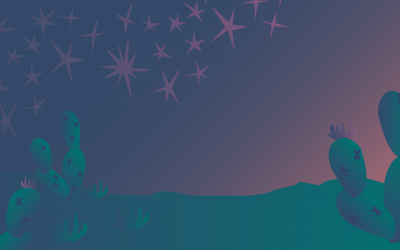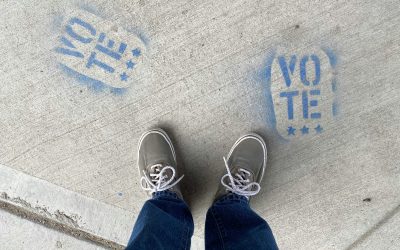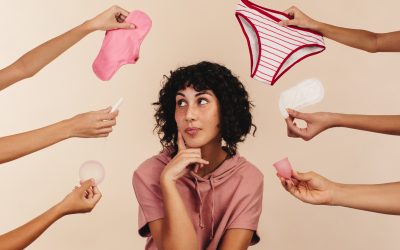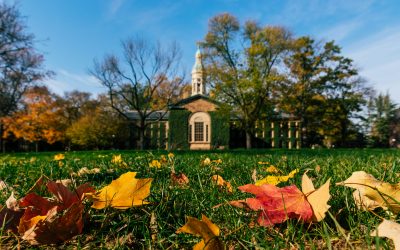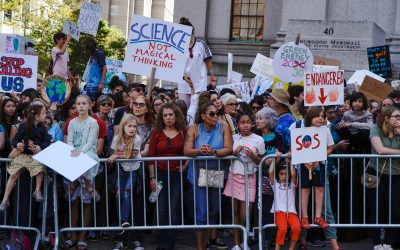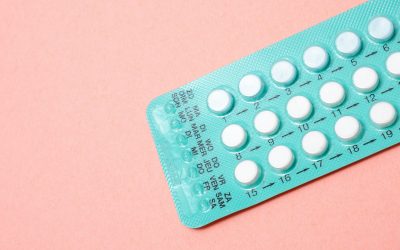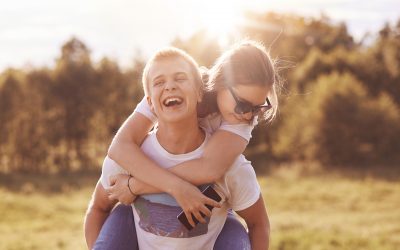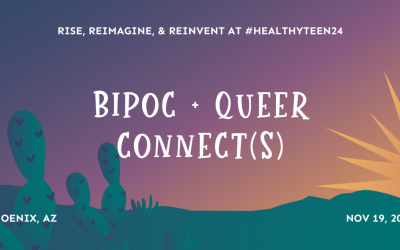
Let’s celebrate this Earth Dat with a green sex ed — a holistic appproach to well-being outcomes in addition to risk reduction.

By Nicholas Sufrinko
April 22, 2019
I have long maintained that sex education in the United States is too science-centric, too focused on “plumbing” and pathology. So, environmentalist sex education may seem like a curious thing for which to advocate. But let me explain.
I come from a part of the country where entire communities were built from the exploitation of natural resources. Like many in my hometown, all four of my great-grandfathers worked in coal mines, some crossing the Atlantic for a new continent rich with apparent opportunity. In this part of the country and across Appalachia, decades after the fall of the industry, fields remain barren with coal waste and rivers run orange with acid still today.
For some cohorts, this allowed us to pair lessons on the metaphorical “birds and the bees” with lessons on the actual birds and the bees.
Years ago, I was part of a project that brought the evidence-based intervention All4You! to students in Northeastern Pennsylvania. While All4You! contains the skill-building modules familiar to many sex educators—the traffic light risk assessment, condom demonstrations, etc.—it also sets aside twelve-plus hours for service-learning. For some cohorts, this allowed us to pair lessons on the metaphorical “birds and the bees” with lessons on the actual birds and the bees.
Between learning about birth control methods and HIV testing, students toured sites in their communities affected by the mining industry. They learned about the industrial history of their hometowns, the altered ecologies across the region, and the current reclamation efforts. With those lessons, they organized and implemented a service project, creating orange-glazed pottery with repurposed mine pollutants for a popular local art show. In so doing, they raised awareness of waterway reclamation efforts underway.
All4You!’s service-learning is designed to increase students’ connections to positive adults and the school community, as well as optimism and hope for the future.
At first glance, this particular sex education-ecological science mash-up is an odd pedagogical pair. But consider what good service-learning does: All4You!’s service-learning is designed to increase students’ connections to positive adults and the school community, as well as optimism and hope for the future. As we’ve noted, such a holistic approach, in contrast to risk reduction alone, is the best way to achieve positive health and well-being outcomes, including sexual health outcomes, for all youth.

But this project went even further. More so than other service-learning, this project provided space for students to recognize and analyze environmental classism and racism rooted in the landscape around them and in their daily lives, through historical trauma, environmental toxins, and the like. Not only did this project connect students to positive adults and the community, but hopefully sparked a critical consciousness in students à la Paulo Freie, helping them question and challenge the unjust political and social relations in which they are embedded.
And that, I think is the crux. The real potential of a green sex education lies not in superficially green suggestions centered on individual choice (Biodegradable condoms! Environmentally conscious personal lubricant!), but in helping students to see, name, and challenge oppressions in their daily lives. In places where entire communities were built from the exploitation of natural resources, this type of sex education is particularly relevant and, far more so than biology-focused sex education, promises to achieve positive health and well-being outcomes for all youth.
Nicholas Sufrinko is a Creative Direction and Product Design Manager at Healthy Teen Network and is the brand and creative lead behind many of our projects. You can often find him hiking, biking, or stargazing. Read more about Nick.

